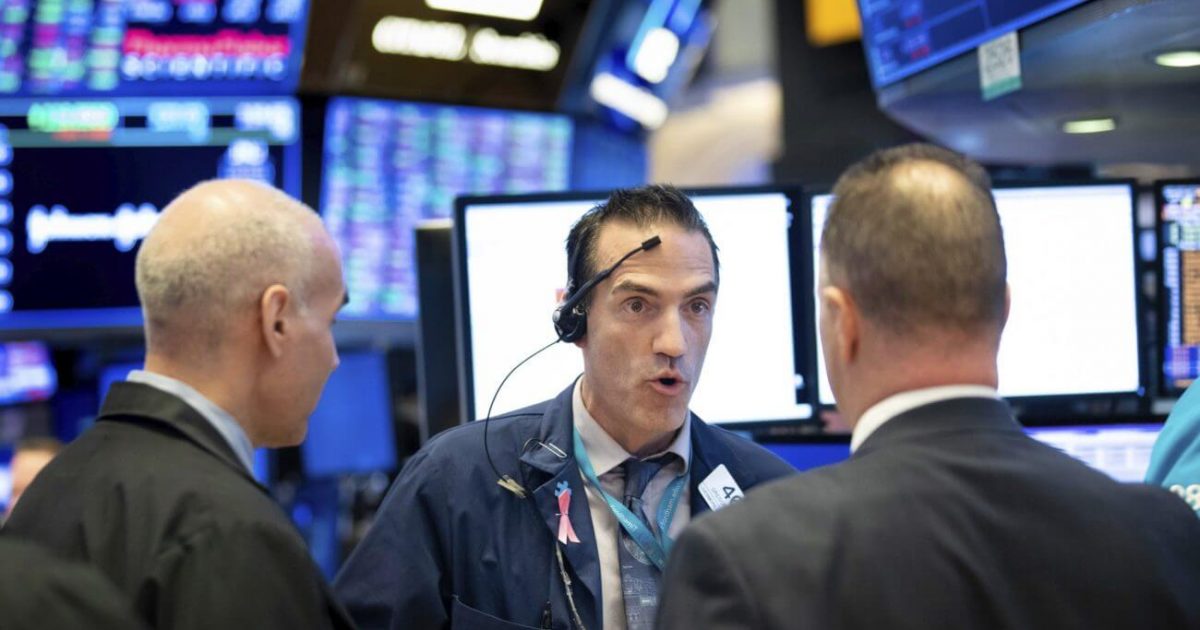- The Dow Jones Industrial Average rallied nearly 300 points in futures trading Monday night.
- Although the economy has likely plunged into recession, key indicators such as mortgage applications and travel bookings are up slightly.
- The Atlanta Fed’s GDP tracker estimates a second-quarter contraction of 41.9%.
U.S. stock futures rose sharply Monday evening, as investors rallied behind early signs that the worst of the economic crisis had passed.
Dow, S&P 500, Nasdaq Futures Climb
Futures on all three major U.S. indexes broke to the upside Monday evening. Dow Jones futures rose by as much as 298 points or 1.2% before paring gains. S&P 500 futures rose 1.1%, while the Nasdaq 100 mini contract climbed 1.2%.
Dow futures climbed in Monday’s shortened session, though regular trading via the New York Stock Exchange remained closed for Memorial Day.
U.S. Economy: Has the Worst Passed?
Equity markets are rallying on hopes that the U.S. economy is starting to come back to life–perhaps earlier than some had expected.
Although a technical recession appears certain, the decline in consumer spending may have already hit bottom. Consumer spending, which accounts for more than two-thirds of GDP, is on the rise at hotels, restaurants, and airlines, according to The Wall Street Journal.
Mortgage applications are also rebounding as more homebuyers look to capitalize on record-low interest rates.
And while new jobless claims are in the millions, they’re much lower than levels seen throughout March and April.
Economic data will be in the spotlight this week. On Tuesday, the Commerce Department will report on April’s new home sales. S&P/Case-Shiller will produce the latest home-price data for key markets across the country. Separately, the Conference Board will release its latest consumer confidence index.
Shifting gears to Thursday, government economists will report on durable goods orders, revised first-quarter GDP, and initial jobless claims.
The latest batch of inflation data is scheduled for release Friday morning.
GDP contracted 4.8% annually in the first quarter, according to the government’s initial estimate. Second-quarter GDP is expected to contract by a staggering 41.9%, according to the Atlanta Federal Reserve Bank.
This article was edited by Josiah Wilmoth.
Last modified: May 25, 2020 11:54 PM UTC




